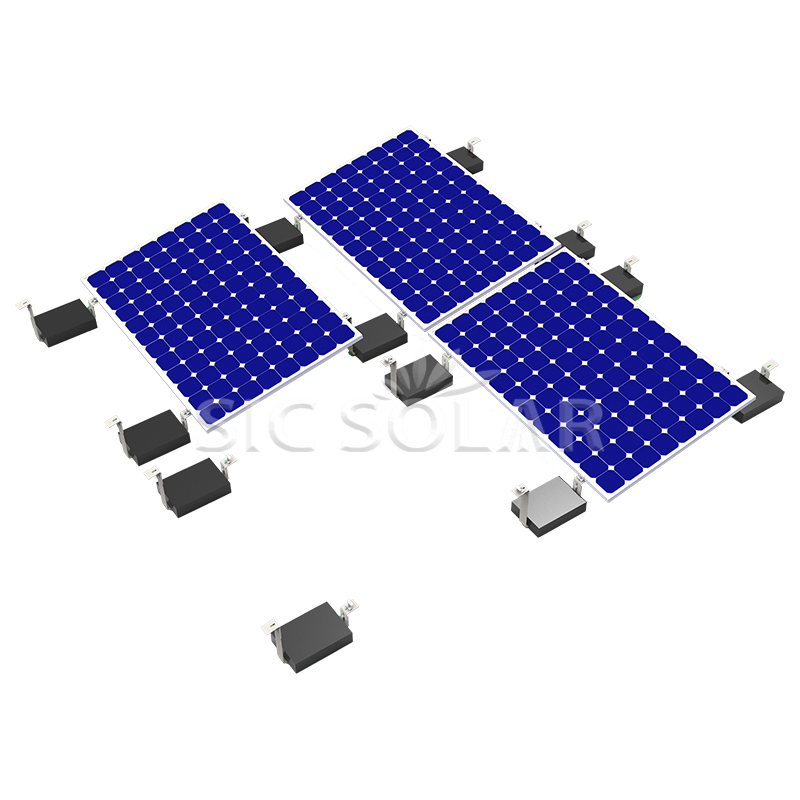Installing solar panels on flat roofs offers excellent energy-generating potential, especially in commercial and modern residential buildings. However, extreme weather conditions—such as heavy snow, high winds, torrential rain, or intense heat—pose unique challenges. Choosing the right system is critical to ensuring long-term performance, safety, and durability. Here’s what you need to know when evaluating flat roof solar panels for harsh climates.
Flat roofs require specific mounting systems to optimize angle for sunlight exposure and ensure weather resistance. Unlike sloped roofs, water drainage and wind uplift are major concerns. Systems must be engineered to handle these conditions without compromising roof integrity.
When selecting flat roof solar panels, prioritize the following features:
Wind Load Rating: Look for systems rated for wind loads exceeding 140 mph.
Waterproofing: Integrated sealing prevents leaks and water damage.
Snow Load Capacity: Panels and mounts should support heavy snow accumulation without deformation.
Corrosion Resistance: Aluminum or stainless-steel mounting hardware with protective coatings performs best in coastal or humid areas.
Cooling Technology: Enhanced airflow prevents overheating in high-temperature environments.

Below are the ideal parameters for flat roof solar panels designed to withstand extreme weather:
| Feature | Specification | Benefit |
|---|---|---|
| Panel Efficiency | ≥ 22% | Higher energy output in limited space |
| Wind Resistance | Up to 160 mph | Stability during storms and hurricanes |
| Snow Load | Up to 5400 Pa | Prestructural damage from snow buildup |
| Frame Material | Anodized Aluminum | Corrosion-resistant and lightweight |
| Operating Temperature | -40°F to 185°F (-40°C to 85°C) | Performance reliability in extreme heat or cold |
| Warranty | 25 years product, 10 years mounting | Long-term peace of mind |
Proper installation is just as important as product selection. Key steps include:
Ballasted or Anchored Systems: Ballasted systems use weight to secure panels without roof penetration, ideal for wind resistance. Anchored systems may be needed for highest wind loads.
Tilt Angles: Adjustable tilting (5° to 15°) improves energy production and promotes snow shedding.
Regular Maintenance: Inspect seals, mounting points, and panel surfaces seasonally to ensure ongoing durability.
Investing in the right flat roof solar panels can significantly enhance your energy resilience, even in extreme weather. By focusing on robust technical specifications and professional installation, you can maximize both safety and efficiency. Choose systems specifically engineered for flat rooftops to protect your investment and enjoy reliable renewable energy for decades.
If you are very interested in Xiamen Sic New Energy's products or have any questions, please feel free to contact us.
